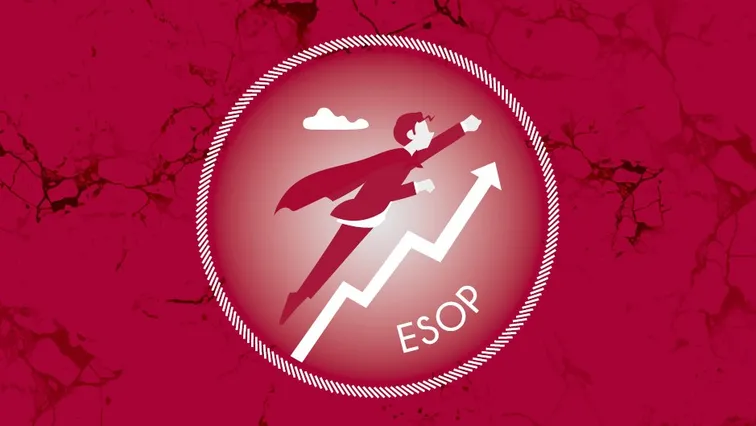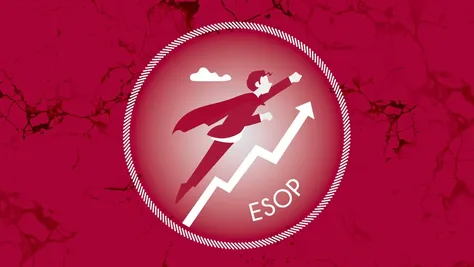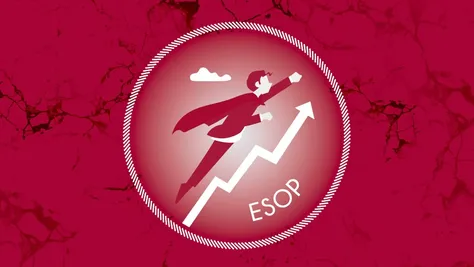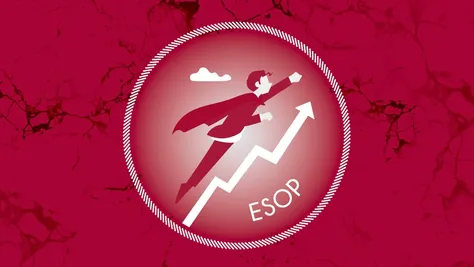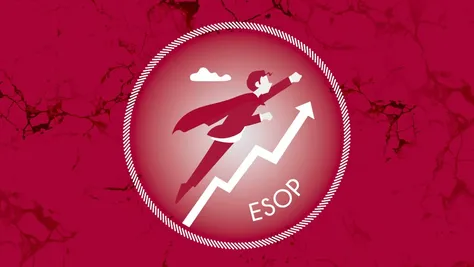The sixth issue of ESOP Myths will address and dispel the misconception that ESOPs are extremely expensive. The belief is merely a myth. Some ESOP structures can be costly and complex to establish and implement, but certain solutions exist that have relatively low time and financial requirements. It always depends on the content, format and the number of managers involved. The ESOP does not necessarily impose a significant financial burden. We always strive to find solutions that are not only effective in achieving the desired outcome, but also cost-efficient. Contrary to common assumptions, an ESOP may not be as costly as one might initially expect.
This issue of our series debunking misconceptions about management programs addresses the myth that employee stock ownership plans (ESOPs) are inherently costly. Management programmes can be implemented in varying degrees of complexity, similar to other instruments. Additionally, there are cost-effective options available. Concerns about potential funding issues with the ESOP should not hinder your decision-making.
As explained previously, ESOPs can take various forms, including equity securities, notes, phantom shares without equity, and relatively straightforward management contract arrangements. The options can be cost-effective while still being customized to a company’s specific needs.
The final cost of an ESOP depends directly on the specific management program’s form, content, and the number of participating managers. This includes the costs of preparing, implementing, and maintaining the ESOP. Companies can select from a range of options tailored to their financial resources and strategic goals.
Last but not least, securing adequate funding is a crucial factor for the success of the management program. The company could finance this option through its growing profits. By using organic growth and profits, the company can fund its management programs without incurring one-time debt or financial burdens. This approach aligns with the purpose of employee stock ownership plans (ESOPs) – to motivate managers to achieve long-term, sustainable growth for the company. Spreading the financial burden over a longer period can facilitate the overall funding of the ESOP and reduce pressure on the company’s readily available resources. Managers may directly participate in implementing the management program, potentially benefiting from it if they meet the established criteria.
Ultimately, the cost of ESOPs need not be a barrier, as there are effective ways to implement these programs without significantly impacting a company’s finances. Thorough planning and consulting experienced ESOP experts is essential for finding the optimal solution. Their expertise can help ensure the solution benefits both managers and the company, while aligning with the organization’s specific financial capabilities and requirements. In addition, this optimal solution will bring substantial benefits to the company and potentially save it significant financial resources in the long run.
As experts in the field, the team at HAVEL & PARTNERS possesses the experience and skills to guide clients through the ESOP process, providing tailored advice and support to help them find a financially sound solution. Despite your concerns about the perceived cost of an ESOP, we can collaborate to find a solution that addresses your reservations.


